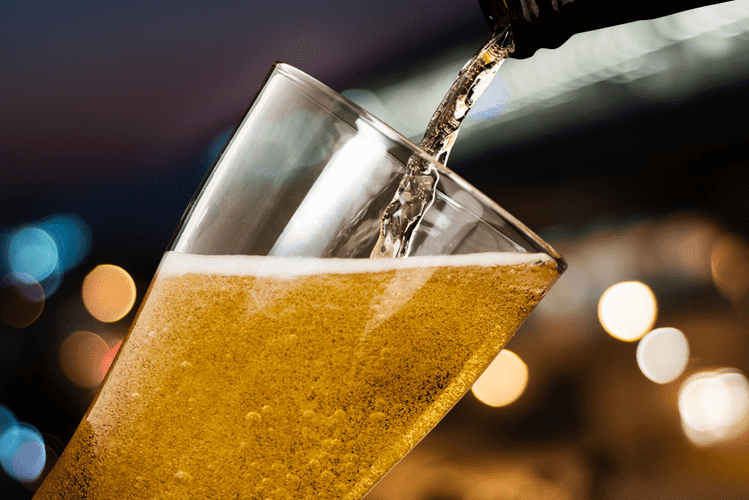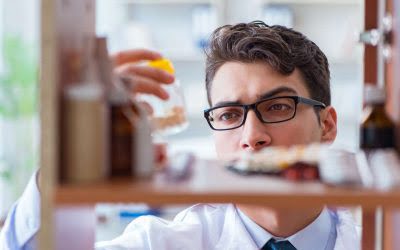The body converts the ethanol in alcohol that we drink to a chemical that can trigger headaches. Many people may also develop headaches due to the dehydrating effects of alcohol. Whether or not alcohol is a migraine headache trigger is debatable. While some people do experience migraine headaches after drinking alcohol, not everyone does. Avoiding alcohol isn’t the only way to avoid an alcohol-related migraine headache.
Drinks containing more alcohol and congeners may worsen the chance of developing a headache. A person may experience migraine after drinking if they are susceptible to it. Some people may experience an alcohol-related migraine between 30 minutes and 3 hours after drinking. If you know a migraine is likely to come on and plan to drink anyway, triptans can help. Of course, like all medications, they have their own side effects. Also, follow your doctor’s recommendations regarding alcohol consumption.
Signs & Symptoms
For people who experience hallucinations as part of alcohol withdrawal, these may begin in the 12- to 24-hour time frame. A rare but very serious syndrome called delirium tremens can occur during alcohol withdrawal. Also known as DTs, an estimated 2% of people with alcohol use disorder and less than 1% of the general population experience them. There are many folk remedies for hangover symptoms that include anxiety, including weird ones like drinking pickle juice or downing chicken soup, but none of them has been proven effective in research. Only one, drinking water during and after imbibing, might offer a mild benefit, because it dilutes the concentration of acetaldehyde in your bloodstream. Alcohol additionally reduces blood sugar, which can stress the body and trigger anxiety, Kim says.

The best way to avoid the issue is to limit alcoholic consumption to 2 or fewer drinks per day for males and 1 or fewer for females. Excessive consumption of alcohol causes alcohol-related neurologic disease. When you consume alcohol, it’s absorbed into your bloodstream from the stomach and the small intestine. The risk of developing an alcohol-induced headache is particularly high with mixed drinks that are composed of multiple types of liquor. In an open-bar situation, choose beer, wine, or a mixed drink made with a high-quality brand. Therefore, if ADs are definitely confirmed a common trigger of various primary headaches, some of which with phenotypic overlap, it is more plausible that they act probably at a common central cortical or subcortical levels.
Medications to Ease Withdrawal Symptoms
Two of the remaining cross-sectional papers achieved seven or eight points and therefore were low bias-risk [26, 27]. Table Table44 summarizes the assessment of the cross-sectional risk of bias. One of the six case–control studies was assessed as having a high risk of bias [49], two a low risk of bias [50, 62] and three a moderate bias risk [53, 54, 61]. The steps for case–control assessment are presented in Table Table55. In a 2007 study, Austrian researchers examined a number of factors related to migraine, specifically considering consumption of alcohol and other nutritional factors the day before the onset of a headache.

When the alcohol leaves their system, the underlying anxiety reveals itself. Experts say that alcohol interferes with a brain signaling chemical, or neurotransmitter, called gamma-aminobutyric acid (GABA), which plays a key role in sleep, relaxation, and calming the central nervous system. Alcohol can trigger a similar effect by binding to the proteins in the brain with which GABA typically interacts. If you’re worried that you might have alcohol use disorder, don’t try to quit cold turkey on your own. If you’ve had two or three of those symptoms in the past year, that’s a mild alcohol use disorder.
Delayed Alcohol-Induced Headache
The rest of the studies were based on information obtained during a medical interview [26, 27, 44]. Alcohol can trigger headaches, including migraines, cluster headaches, and tension-type headaches. In fact, around 30 percent of people who experience recurrent migraines report alcohol as a trigger.
Supplementing with Vitamin B12 or B6 before or after drinking may improve symptoms. Individuals who are already prone to have migraine headaches should be especially aware of alcohol-induced migraines. Roughly 3 in 10 migraine sufferers report that alcohol is a trigger at least some of alcohol and headaches the time. The relation between tyramine and migraine has been studied most extensively. Half were pioneering studies performed by Hanington et al. (see [37]) which showed that oral tyramine provoked headaches in dietary migraine patients but not in nondietary migraine or controls.